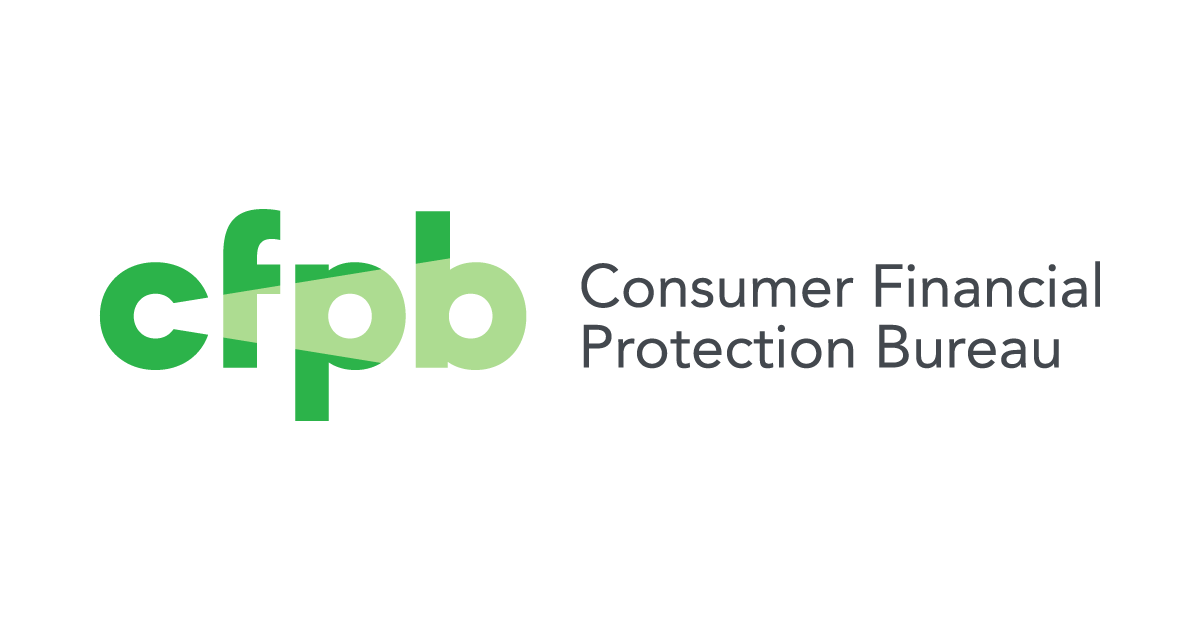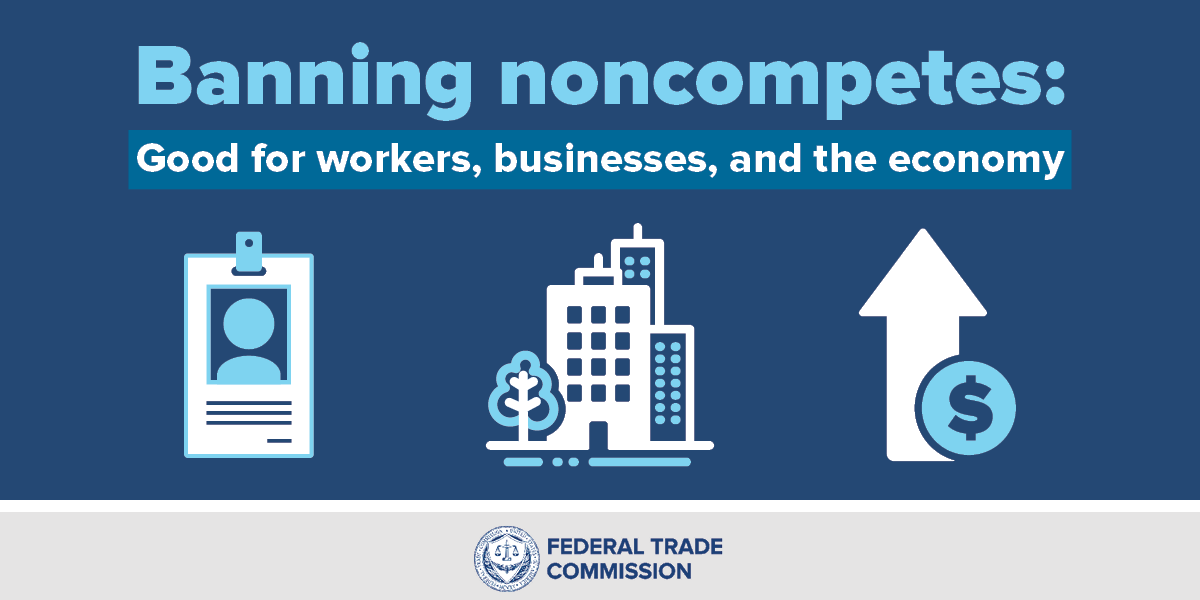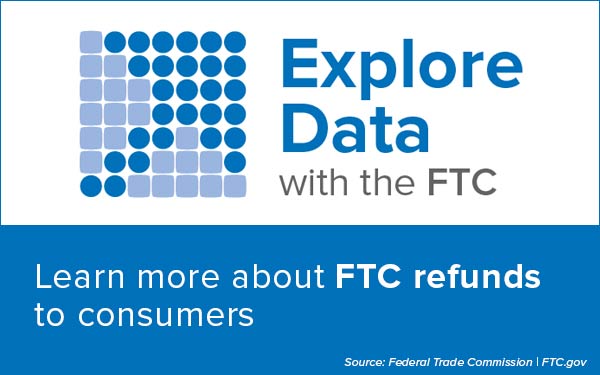WASHINGTON, D.C. – The Consumer Financial Protection Bureau (Bureau) released today the annual report to Congress on the administration of the Fair Debt Collection Practices Act (FDCPA). The report highlights the continued efforts by the Bureau and the Federal Trade Commission (FTC) to stop unlawful debt collection practices, including vigorous law enforcement, consumer education and public outreach, and policy initiatives. Additionally, the Bureau announced today that it is extending the comment period on its Supplemental Notice of Proposed Rulemaking (SNPRM) implementing the Fair Debt Collection Practices Act (FDCPA). The SNPRM, which proposed to require debt collectors to make certain disclosures when collecting time-barred debts, provided a 60-day public comment period that was set to close on May 4, 2020. Given the challenges posed by the COVID-19 pandemic, the comment period will be extended to June 5, 2020.
In the report, the Bureau states that it handled approximately 75,200 debt collection complaints related to first-party (creditors collecting on their own debts) and third-party collections. Debt collection is among the most prevalent topics of consumer complaints about financial products or services received by the Bureau.
In 2019, the Bureau engaged in five public enforcement actions, two of which were initiated in years prior to 2019, arising from alleged FDCPA violations. The Bureau resolved two of these cases and obtained partial consent judgments in a third. These judgments ordered nearly $50 million in consumer redress and levied $11.2 million in civil money penalties. The Bureau also banned eight individuals who engaged in serious and repeated violations of law from working in the debt collection industry. The remaining three cases are in active litigation. In 2019, the Bureau also:
- Issued a Notice of Proposed Rulemaking which would prescribe rules under Regulation F to govern the activities of FDCPA-covered entities;
- Filed briefs as amicus curiae in four cases arising under the FDCPA – one in the Supreme Court and three in federal courts of appeals;
- Identified one or more violations of the FDCPA through its supervisory examinations such as false representation of the amount owed and legal status of debt;
- Conducted non-public investigations of companies to determine whether they engaged in collection practices that violated the FDCPA or the Dodd-Frank Act;
- Provided consumer debt collection educational materials – In 2019, “Ask CFPB,” an interactive online consumer education tool logged 1.6 million pageviews and/or downloads in English and 124,000 in Spanish for its debt collection questions;
- Trained, as of end of 2019, nearly 30,000 staff and volunteers in social service organizations on Your Money Your Goals – a financial empowerment toolkit;
- Continuously operated the 21-day email course “Get a Handle on Debt Boot Camp,” a program to get periodic messages about steps to manage debt effectively, which attracted 30,023 sign-ups in 2019 alone;
- Released a video with useful tips on spotting debt collection scams and steps consumers can take to protect themselves from scammers;
- Released a report highlighting complaint data about military consumers;
- Updated the blog “What to do if you were wrongfully billed for Medicare costs” to help people in the Qualified Medicare Beneficiary Program understand their rights when they are wrongfully billed for Medicare costs by providers or debt collectors;
- Completed a quantitative online survey to test several versions of disclosures to support the understanding of time-barred debt and revival;
- Released the Credit Card Market Report including a section on large card issuers’ debt collection practices; and
- Released the Market Snapshot: Third-Party Debt Collections Tradeline Reporting that examines trends in credit reporting by third-party debt collectors.
In the report, the FTC states that it filed or resolved law enforcement actions against 25 defendants and obtained more than $24.7 million in judgments. The FTC also banned 23 companies and individuals that engaged in serious and repeated violations of law from ever working in debt collection again. In 2019, the FTC:
- Initiated or resolved three matters involving phantom debt collections;
- Continued litigating another action initiated in 2018 to halt FDCPA and FTC Act violations;
- Deployed multiple channels and formats to inform consumers about their rights and educate debt collectors about their responsibilities under the FDCPA and FTC Act;
- Worked with an informal network of about 16,000 community-based organizations and national groups as part of its outreach efforts;
- Distributed 14 million print publications to various organizations, businesses, and government agencies;
- Logged more than 57 million views of its business and consumer education websites, with more than 787,000 views of the consumer videos on the FTC’s channel at YouTube.com/FTCvideos, and almost 300,000 email subscribers to its consumer blogs;
- Supplied more than 27,500, copies of a fotonovela (graphic novel) on debt collection developed for Spanish speakers to raise awareness about scams targeting the Latino community;
- Logged more than 5.3 million page views on its Business Center that houses business education resources;
- Hosted four Ethnic Media Roundtables around the country bringing together law enforcement, community organizations, consumer advocates, and members of the ethnic media to discuss how consumer protection issues – including debt collection – affect their communities;
- Organized and co-sponsored four Common Ground conferences around the country, two of which included discussions on debt collections; and
- Submitted a staff comment to the Bureau’s proposed rules implementing the FDCPA.
In January 2012, the Bureau and the FTC entered into a memorandum of understanding that provides for coordination in enforcement, sharing of supervisory information and consumer complaints, and collaboration on consumer education. The two agencies reauthorized a permanent memorandum of understanding on February 25, 2019. The Bureau and the FTC continue to work closely to coordinate efforts to protect consumers from unfair, deceptive, and abusive debt collection practices and other practices that violate the FDCPA.
The report is available here: https://files.consumerfinance.gov/f/documents/cfpb_fdcpa_annual-report-congress_03-2020.pdf
The Consumer Financial Protection Bureau (CFPB) is a 21st century agency that helps consumer finance markets work by making rules more effective, by consistently and fairly enforcing those rules, and by empowering consumers to take more control over their economic lives. For more information, visit www.consumerfinance.gov.
Official news published at https://www.consumerfinance.gov/about-us/newsroom/cfpb-releases-2019-administration-fair-debt-collection-practices-act-report/
Images courtesy of PixaBay




